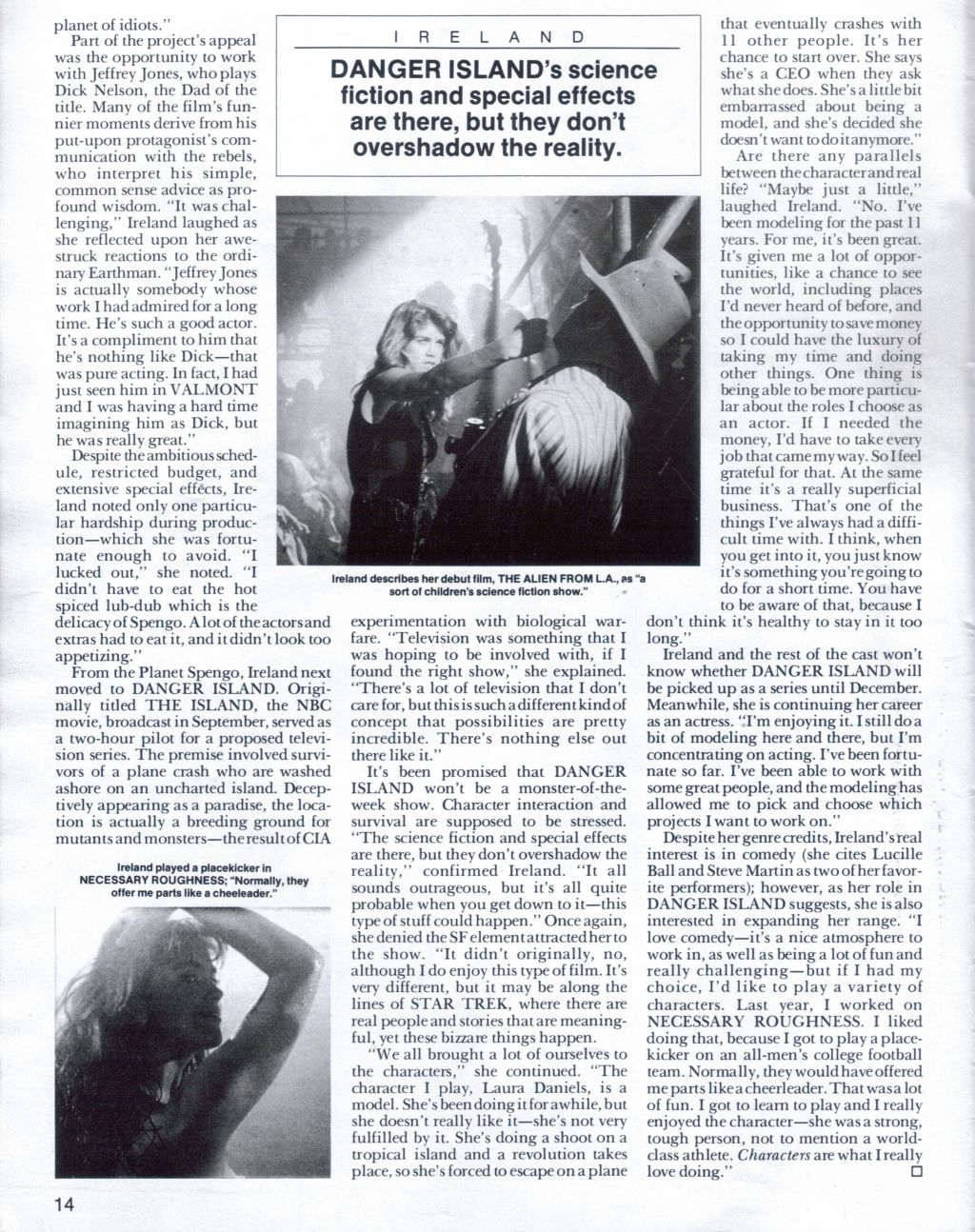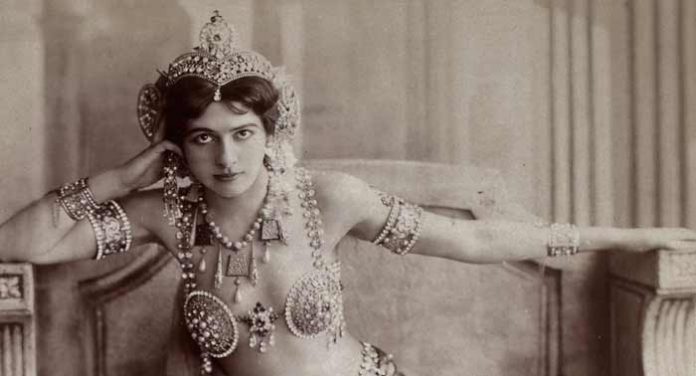

Each law, however, gets its own chapter: “Conceal Your Intentions,” “Always Say Less Than Necessary,” “Pose as a Friend, Work as a Spy,” and so on.

These laws boil down to being as ruthless, selfish, manipulative, and deceitful as possible. This power game can be played well or poorly, and in these 48 laws culled from the history and wisdom of the world’s greatest power players are the rules that must be followed to win.

We live today as courtiers once did in royal courts: we must appear civil while attempting to crush all those around us. The authors have created a sort of anti-Book of Virtues in this encyclopedic compendium of the ways and means of power.Įveryone wants power and everyone is in a constant duplicitous game to gain more power at the expense of others, according to Greene, a screenwriter and former editor at Esquire (Elffers, a book packager, designed the volume, with its attractive marginalia). Of some interest to exploration buffs, though less so than Martin Dugard’s recent Into Africa (p. There is no point in living if he is gone”) makes for often tedious reading. A good story, but the narrative suffers from cuteness: Shipman’s habit of dramatizing the undramatic with invented dialogue (“Sam has brought me the only freedom, the greatest love, and the most lasting contentment of my life. You are going with the Englishman.” Morally opposed to slavery but apparently not opposed to romancing a 14-year-old, Baker took Florence, for so she was now called, off to exotic venues such as Bucharest and Alexandria, where “they drank and ate and laughed their way through the night.” The venues got less romantic when Sam resumed his long passion for African exploration, and then Florence’s knowledge of Arabic and her fearlessness came in handy as they combed the African Great Lakes for secondary sources of the Nile. He is a wicked man, selfish and cruel, and you would hate him. Happily, Ali accepted Baker’s bid against that of the local boss: writes Shipman, now in Ali’s voice, “I cannot send you to the pasha. No dark fate that: as Shipman ( The Man Who Found the Missing Link, 2001, etc.) writes, channeling the voice of African explorer Sam Baker, “Growing up in a harem was rather like attending a convent school.” Ten years later, now renamed Florenz, our young heroine was put up for sale in an “elite white slave auction,” where Sam Baker and his faithful Sikh companion Duleep Singh happened to be passing by when the harem-keeper Ali put her on the block. Whether out of financial need or some other reason, her parents placed her in a Turkish harem at the age of four. Harem girl to renowned explorer to Edwardian dowager: the improbable life of “a lady of mystery.”īarbara Maria Szasz, a Hungarian Transylvanian, was born around 1845.


 0 kommentar(er)
0 kommentar(er)
